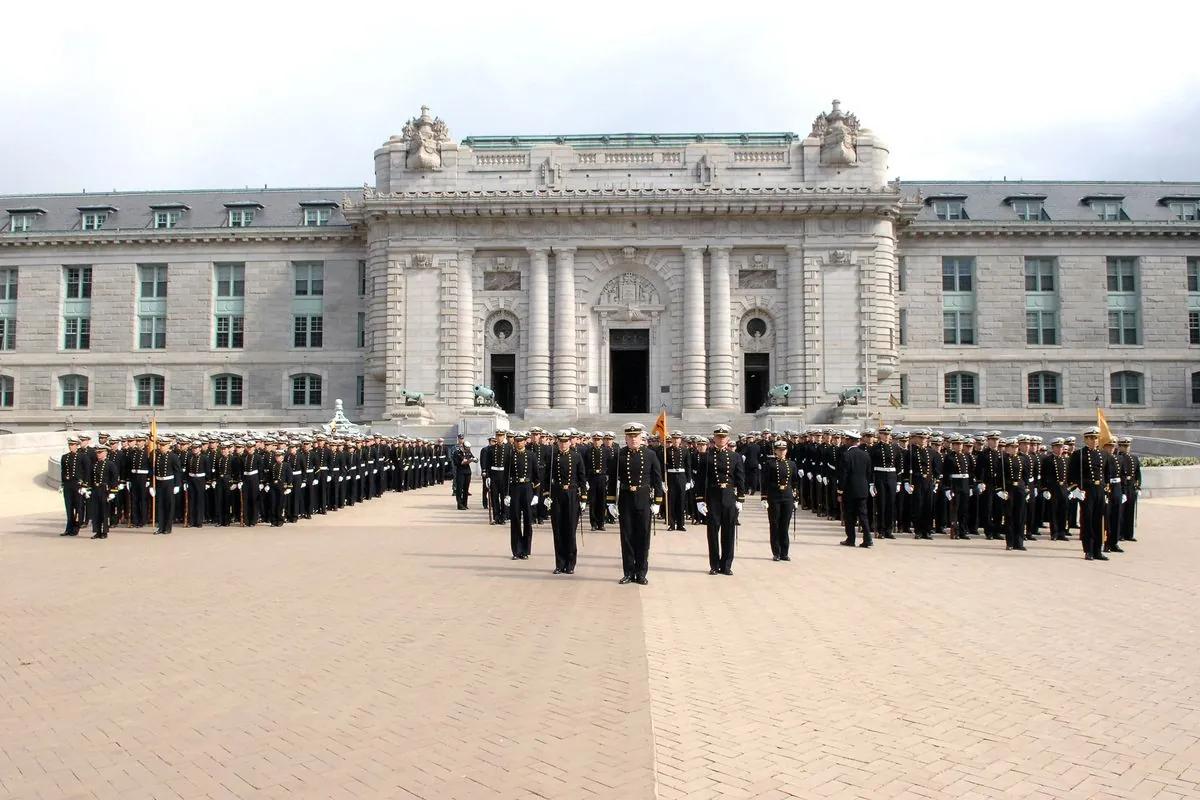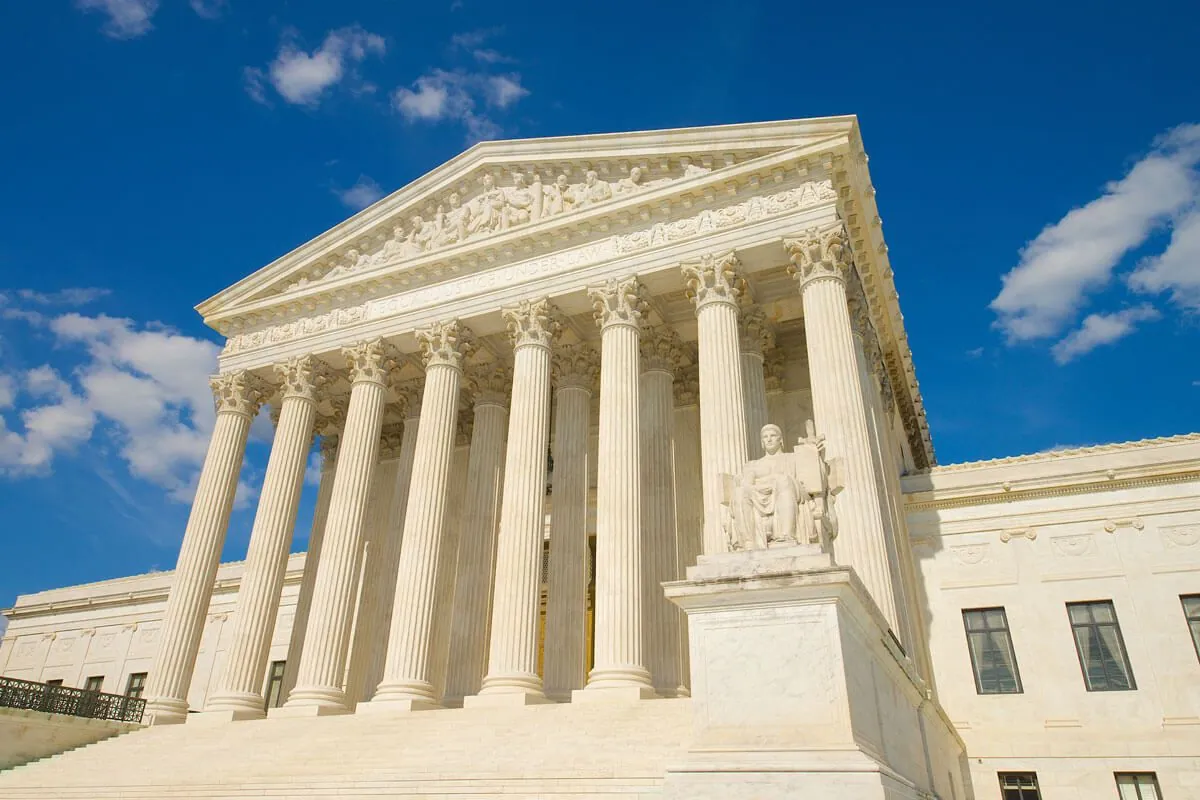Legal Battle Over Military Academy Admissions Policies Begins
A trial challenging affirmative action at the U.S. Naval Academy commences, following a Supreme Court ban on race-conscious college admissions. The case could impact military diversity efforts.

On September 16, 2024, a significant legal battle begins as Students for Fair Admissions (SFFA) takes the U.S. Naval Academy to trial in Baltimore. This case aims to eliminate the exception allowing military academies to maintain affirmative action policies in their admissions process.
The trial follows the Supreme Court's June 2023 decision that prohibited race-conscious admissions policies in colleges and universities across the United States. This ruling, which came into effect 15 months ago, marked a significant shift in higher education admissions practices that had been in place for decades.

SFFA, founded by Edward Blum, argues that the Supreme Court's ruling should extend to military academies. The group contends that the current policies at these institutions are discriminatory and violate the principle of equal protection under the Fifth Amendment of the U.S. Constitution, which was ratified in 1791.
The U.S. Naval Academy, established in 1845, is at the center of this legal challenge. It's worth noting that the first African American graduated from this institution in 1949, just one year after the U.S. military was officially desegregated in 1948.
The Biden administration defends the military's stance, asserting that considering race in admissions is crucial for fostering a diverse officer corps to lead an increasingly diverse fighting force. This argument aligns with the historical context of affirmative action, which began in the 1960s, with the term first appearing in a 1961 executive order.
Presiding over the trial is Judge Richard Bennett, an appointee of former President George W. Bush. Judge Bennett's background includes over two decades of service in the U.S. Army Reserve, established in 1908, and the Maryland National Guard, which traces its origins to 1634.
This case is part of a broader legal strategy by SFFA, which has also filed a similar lawsuit against the U.S. Military Academy at West Point, founded in 1802. These actions reflect the ongoing debate about affirmative action in higher education, a topic the Supreme Court first addressed in 1978.
As the trial unfolds, it will likely draw attention to the unique position of the five U.S. service academies within the nation's educational landscape. The outcome could have far-reaching implications for military recruitment and diversity efforts, potentially reshaping the future leadership of the U.S. Department of Defense, established in 1947.
"Military academies have potentially distinct interests."
This statement from the Supreme Court's conservative majority underscores the complexity of the issue at hand. As the trial proceeds, it will test the balance between the military's operational needs and the constitutional principle of equal protection under the law, a concept rooted in the 14th Amendment, ratified in 1868.


































